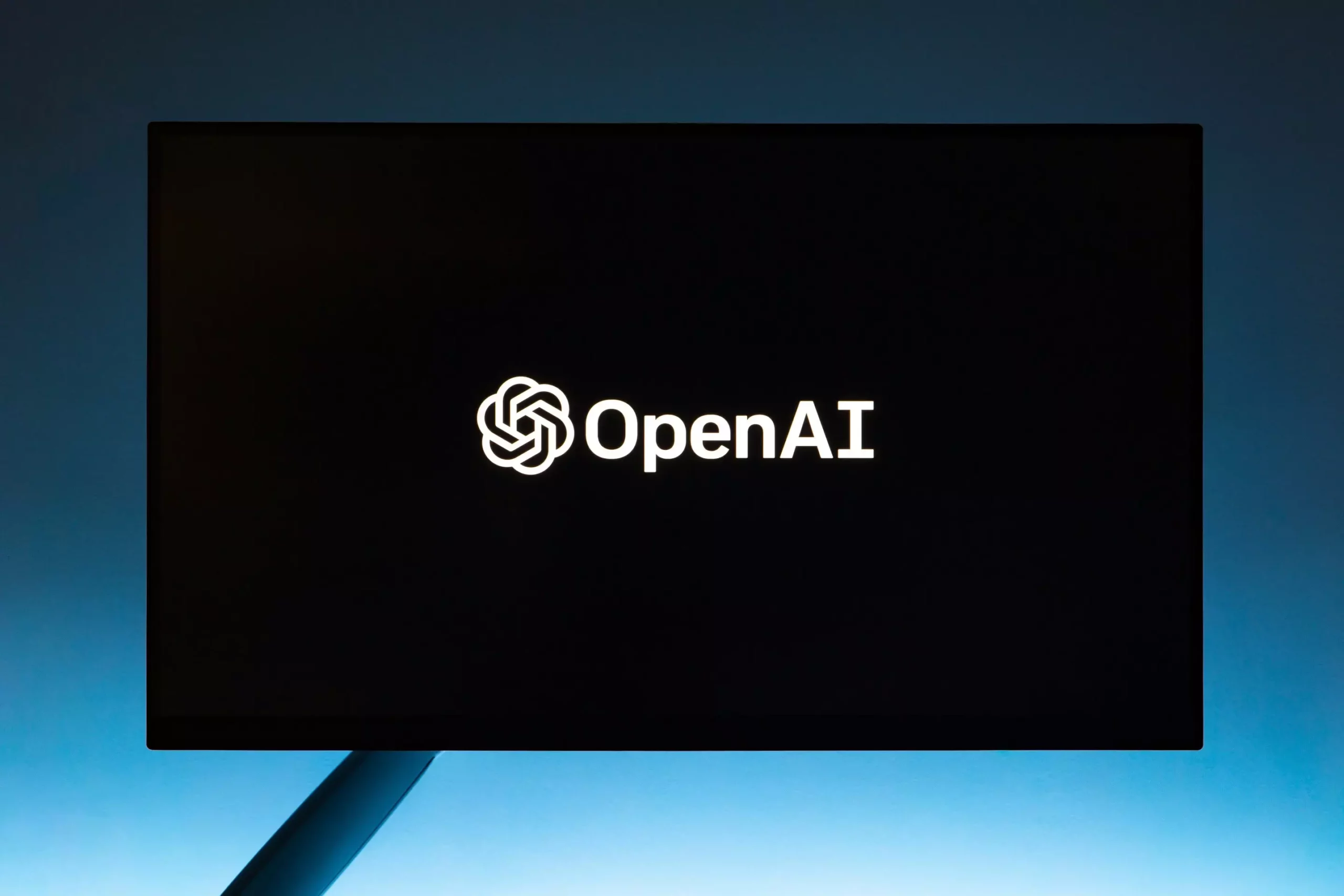Last month, OpenAI’s unexpected opposition to a pending California law aimed at instituting basic safety standards for large AI developers raised eyebrows. This marked a discernible shift in the company’s approach, given CEO Sam Altman’s previous advocacy for AI regulation. Since its prominence was bolstered by the release of ChatGPT in 2022, OpenAI has transformed from a nonprofit research entity into a tech behemoth valued at an impressive US$150 billion. This metamorphosis, however, brings with it a range of ethical concerns regarding data management and the commercial motives underlying such partnerships.
Recently, OpenAI has displayed a notable ramp-up in its data acquisition strategies, which extend beyond the conventional training datasets typically used in AI development. Speculations arise that the organization is eyeing not just textual or visual data, but also profound intimate data—ranging from online behavior to personal health information. While there is currently no evidence to suggest that OpenAI intends to amalgamate these streams of data, the mere potential for such a convergence generates significant concerns regarding privacy. The prospect of gathering extensive personal insights could allow OpenAI to leverage this information for commercial gain, a scenario that feels increasingly pertinent in today’s data-driven environment.
OpenAI’s growing partnerships with high-profile media entities, including Time magazine, the Financial Times, and Condé Nast, signal a broader strategy to bolster its repository of content. By implementing their products in analyzing user engagement patterns across varying platforms, they would effectively obtain a detailed understanding of user interactions. This insight could pave the way for more sophisticated profiling and tracking, which presents a troubling ethical quandary. As we advance into an era teetering on the edge of privacy erosion and corporate surveillance, the implications of these data practices prompt scrutiny.
Adding another layer of complexity, OpenAI has ventured into investments in cutting-edge technologies like AI-enhanced webcams through its partnership with Opal. By capturing biometric data such as facial expressions and inferred emotional states, the ramifications could reach alarmingly intrusive heights. Coupled with initiatives aimed at health innovations, such as the collaboration with Thrive Global for Thrive AI Health, questions arise regarding the balance between technological advancement and user privacy. Past precedents indicate that healthcare-related data sharing often veers into ethically precarious territories; notable collaborations like Microsoft’s partnership with Providence Health have resulted in significant backlash, emphasizing the importance of clear privacy standards.
Moreover, Altman’s involvement in WorldCoin—a project that employs biometric identification via iris scans—brings forth its own set of troubling implications. Despite its goal of creating a decentralized global identification system, the apprehension surrounding such extensive biometric data collection cannot be overstated. With large jurisdictions placing scrutiny on WorldCoin’s operations and the potential for a ban in Europe, these ongoing discussions underscore the urgent need for stringent data protection mechanisms.
As OpenAI continues to pursue expansive data partnerships and explore nuanced data technologies, a worrying picture continues to take shape. The accumulation of substantial user data could facilitate the development of far more complex AI models; however, this ambition raises intricate issues of privacy and consent. Historical data breaches, such as the Medisecure incident that compromised medical information for nearly half of Australia, highlight the vulnerability of personal data amid consolidation practices. The complexity and sensitivity of AI-driven data reinforce the importance of robust safeguards to protect individual privacy against exploitation.
Addressing these concerns is pertinent, especially as OpenAI faces leadership challenges marked by internal conflict over business direction. Altman’s brief removal from the CEO position earlier this year underscores the tension between aggressive market strategies and the pressing need for safety measures. The endorsement of such rapid deployment models reflects a troubling trend that may lead OpenAI to prioritize growth over ethical considerations.
In light of OpenAI’s opposition to the Californian regulation, the implications extend far beyond mere policy disagreements. This stance encapsulates deeper concerns about the company’s accelerating push into data acquisition, which could undermine public trust while redefining the parameters of ethical AI development. As the landscape of artificial intelligence continues to evolve, the conversation around privacy, data security, and corporate responsibility must remain at the forefront to safeguard individual rights against the encroaching tide of data centralization and surveillance. The ethical implications of this trajectory cannot be understated, necessitating rigorous scrutiny and a steadfast commitment to transparency.

